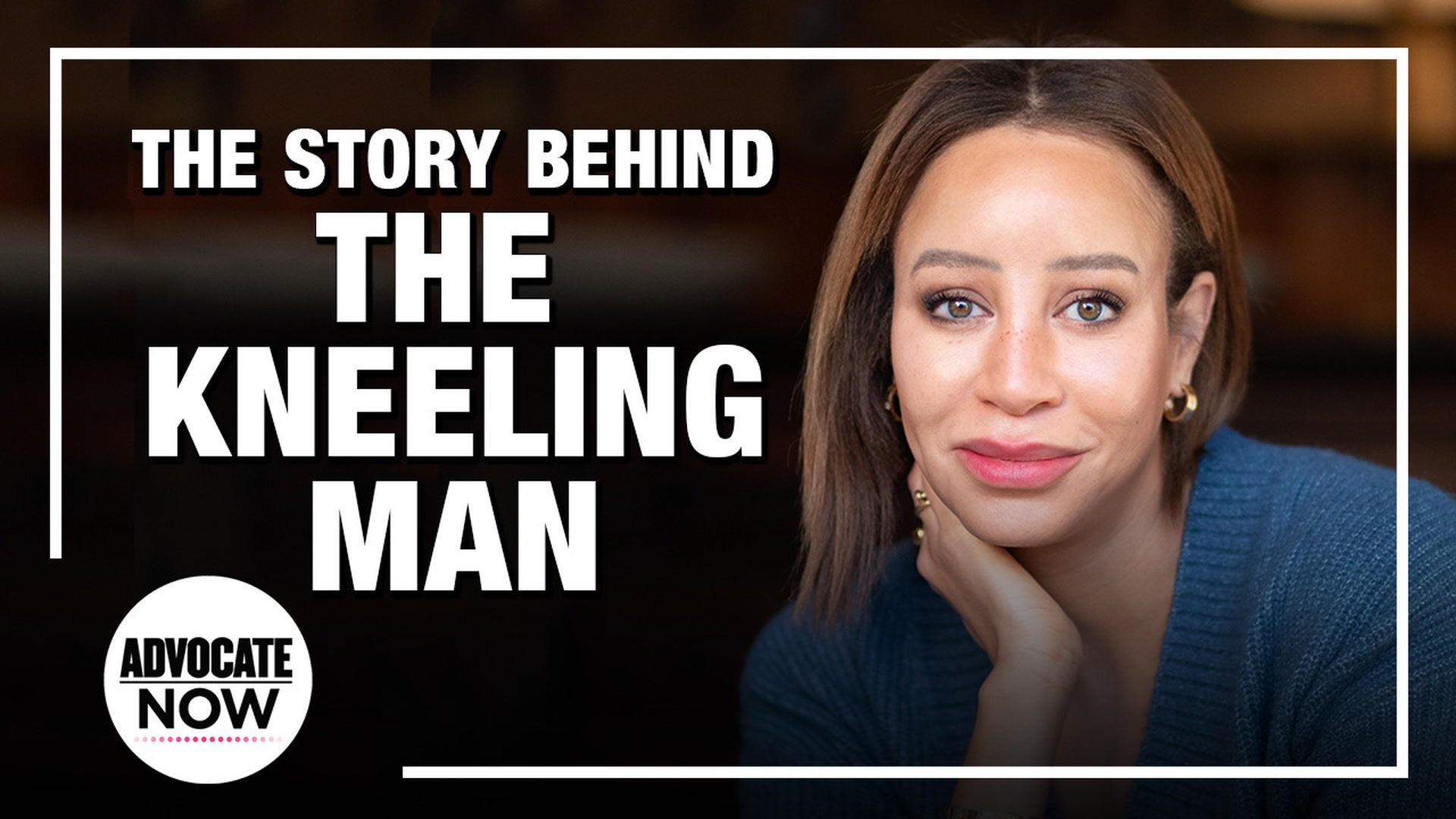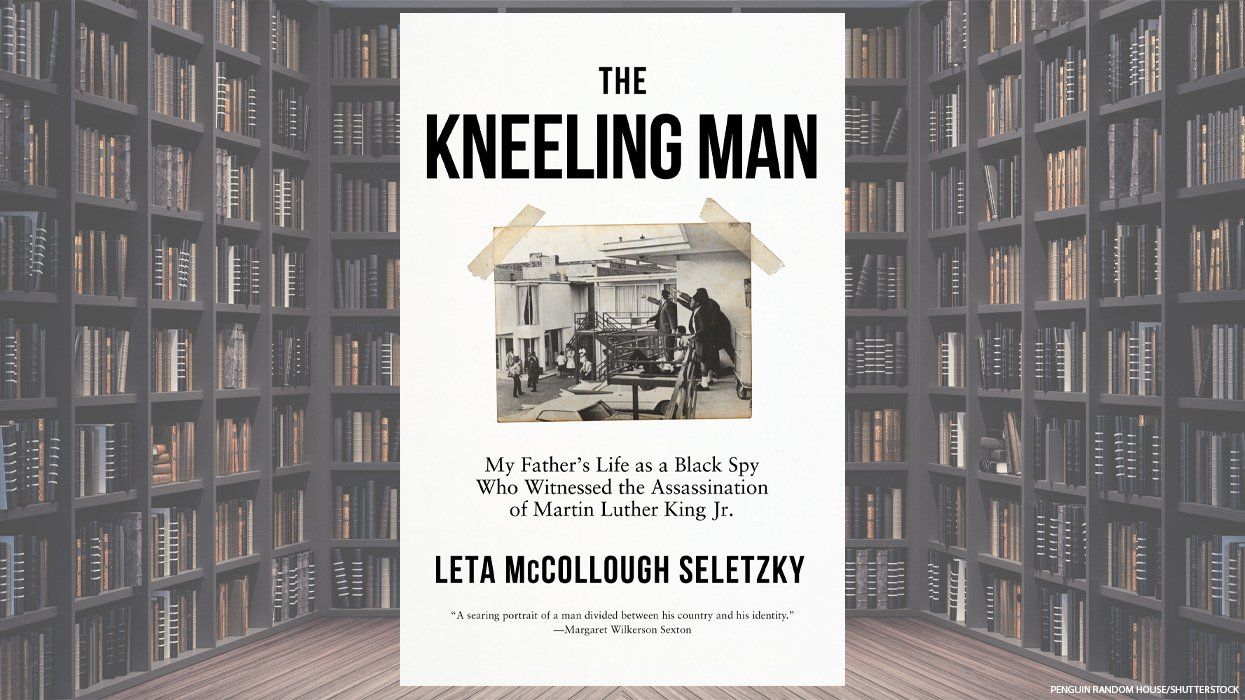Leta McCollough Seletzky is finally telling her father's story.
Marrell "Mac" McCollough went down in history after being captured on photograph at the scene of Dr. Martin Luther King Jr.'s assassination. He was the man seen kneeling over Dr. King's body, but very few know about the Black undercover officer, who personally witnessed Dr. King's death. In her book The Kneeling Man, Seletzky is sharing her father's point of view for the first time.
The Truth Behind The Kneeling Man

"The arc of the story really speaks to the arc of Black history in America in the 20th century and beyond, in the ways in which not only Black people, but marginalized people in this nation have had to navigate and work within systems -- oppressive systems -- and also outside of those systems in order to get free," she tells Sonia Baghdady of Advocate Now.
According to Seletzky, Mac McCollough "saw Dr. King standing out on the balcony of his hotel room. And moments later there was a thunderous boom, and Dr. King fell."
"And my father, with his police training and his army training, immediately knew that Dr. King had been shot," she shares. "And unlike most people whose instinct would be to run away from an active shooter situation, my dad is one of those folks that runs into danger when he thinks he can help. And so he ran up an external staircase and dropped to a crawl and crawled over to Dr. King to attempt first aid."
Seletzky says that it was a difficult narrative to capture emotionally, as it divulged into family secrets as well as painful moments in Black American history. Though they were elements the author says were formative in her life, she believes they also capture a broader look at the Black experience.
"I would say the biggest [challenge] was just breaking that silence. ... and just the challenges of being prepared to feel these huge emotions that come along with the murder of Dr. King, that come along with what led to my father being present on that scene, why he was there, what his path was, the systemic pressures that placed him on that path and moved him along it," Seletzky explains.
While the book covers historic events, many elements of her father and Dr. King's story are relevant today, including systemic racism, civil rights, and gun violence. If there's one message readers take away, Seletzky hopes it is to "keep moving forward."
"We can never become complacent. Just because we are moving forward in time does not mean we are making progress," she says. "And if we don't continue the fight ... we can easily find ourselves in a place where we are going backwards. And there is a precedent for America going backwards."
The Kneeling Man is available now online. For more interviews like these, watch Advocate Now on The Advocate Channel.


















































